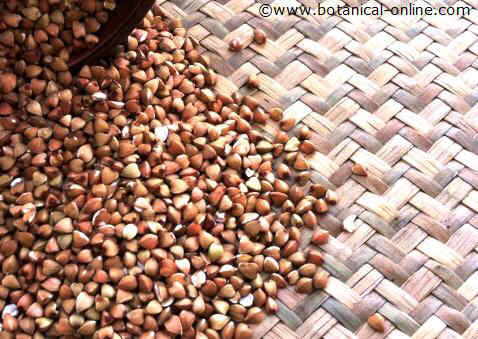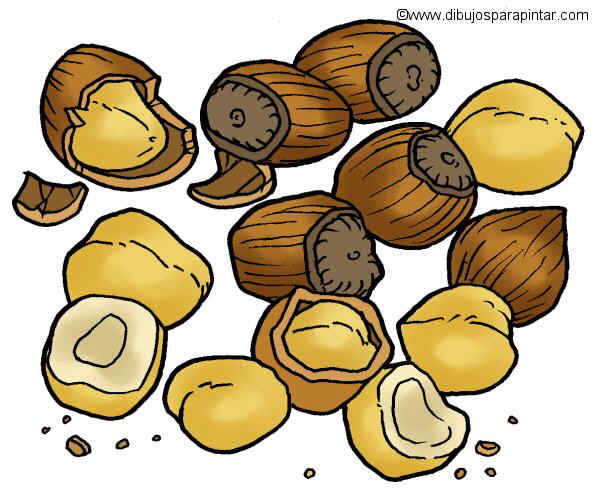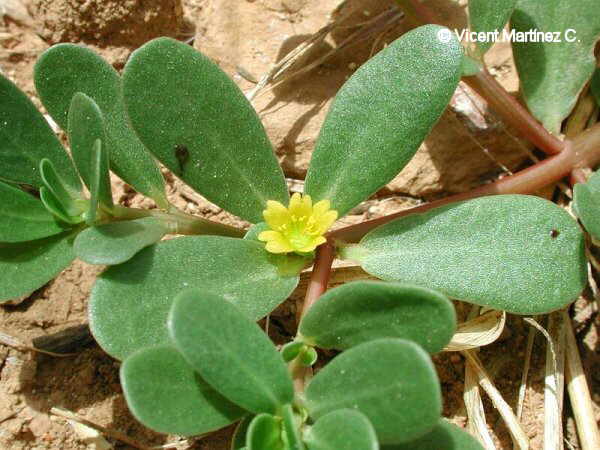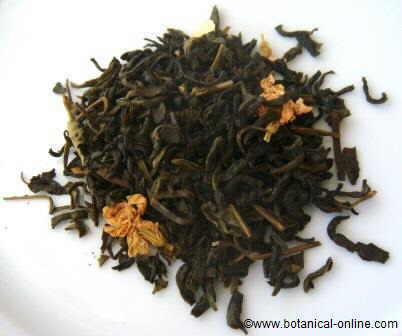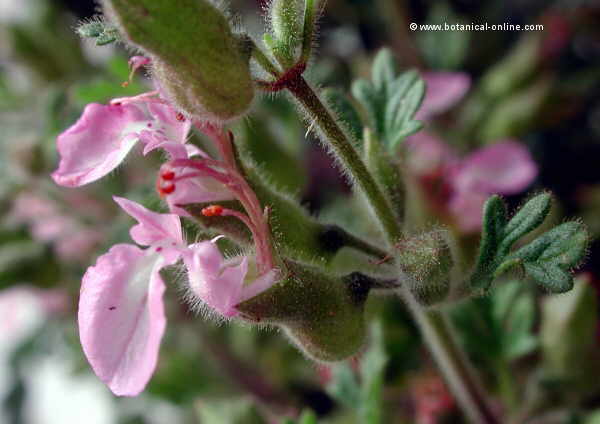Contents
What are depurative plants?
Depurative plants are those that can be used to cleanse the body. Most of these plants benefit the body by cleansing it by means of increasing urination
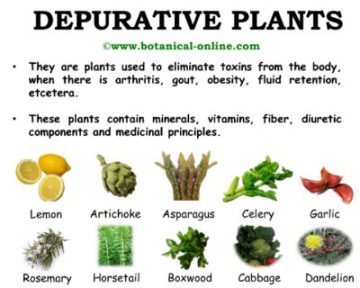
What are depurative plants useful for?
They help the body to get rid of water, which becomes very interesting on only for the treatment of obesity, but in all these maladies that improve by the riddance of water and toxins:
- Skin illnesses like eczema, acne, etc.
- Circulatory diseases
- Hepatic illness
- Gout
- Arthritis
- Rheumatism
- Kidney stones
- Gallstones
- Etc.
Are depurative plants dangerous?
They increase urination and promote the expulsion of uric acid and decongest the joints. By increasing diuresis – elimination of water in the urine – they can be very useful, but they can be dangerous in certain situations.
Since a lot of liquids are expelled we understand the need to increase the amount of water that we drink daily and the need of taking a very modest contribution in sodium. These type of remedies should not be taken in case of hypotension or low blood pressure.
Similarly, the presence of tannins in many of these plants can cause intestinal discomfort, consequently they should be avoided when the patient has gastrointestinal ulcer or gastritis.
Which are the best depurative plants ?
Among the best ones we could distinguish the following:
Horsetail to get rid of water
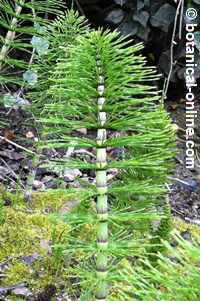
Horsetail (Equisetum arvense) constitutes one of the most diuretic species in all the plants. That is to say that it possesses a great capacity to eliminate water from the body, in such a point to increase urination up to 30% more than what is habitual.
This fact makes that its scientific name Equisetum arvense generally appears in the composition of most of products that habitually are sold to reduce weight.
This property is due to the action of several components, among which it is necessary to highlight equisetonin and potassium, but there are another ones that also take part such as calcium, magnesium, ascorbic acid and caffeic acid.
Linden to eliminate toxins through sweat
The flowers of linden (Tilia x europaea, Tilia platyphyllos, Tilia cordata) have diaphoretic properties, that’s to say they are able to increase the body sweat.
Through the sweat, the body is able to eliminate many toxins, so sweating abundance is very effective in case of rheumatism or gout.
The elimination of toxins through sweating can alleviate the joints and reduce nuisance caused by these diseases.
Some other plants to cleanse yourself of toxins
The most important ones are:
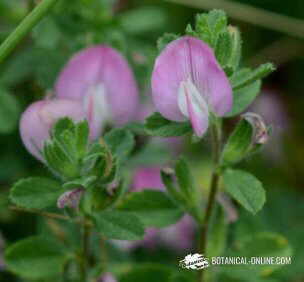
- Spiny restharrow (Ononis spinosa) (Make an infusion with a teaspoon of dried root (3-4 gr) per cup of water. Take two or three cups a day)
- Dandelion: (Taraxacum officinale) It is one of the plants that stimulates most the urine production, up to a point that one of his common nouns in Catalan is ” pixallits ” (bed pisser) So, it is very suitable when it is recommended to get rid of water
- Strawberry (Fragaria vesca)
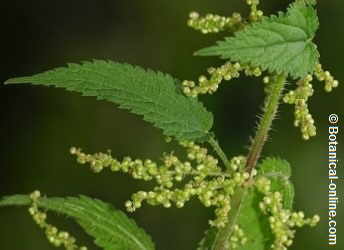
- Nettle (Urtica dioica) It helps the body to get rid of water, which becomes very interesting on only for the treatment of obesity, but in all these maladies that improve by the riddance of water and toxins
- Lemon tree (Citrus limonum) Ascorbic-acid and limonene confer it depurative properties, so that it is an excellent remedy against rheumatism, arthrosis, arthritis, gout, cholesterol, arteriosclerosis and uric acid.
- Red Vine (Vitis vinifera) The use of this plant favors the elimination of liquid and helps purify the blood and improve treatment of abnormalities related to excessive retention of body fluids.
![]() More information on remedies.
More information on remedies.


